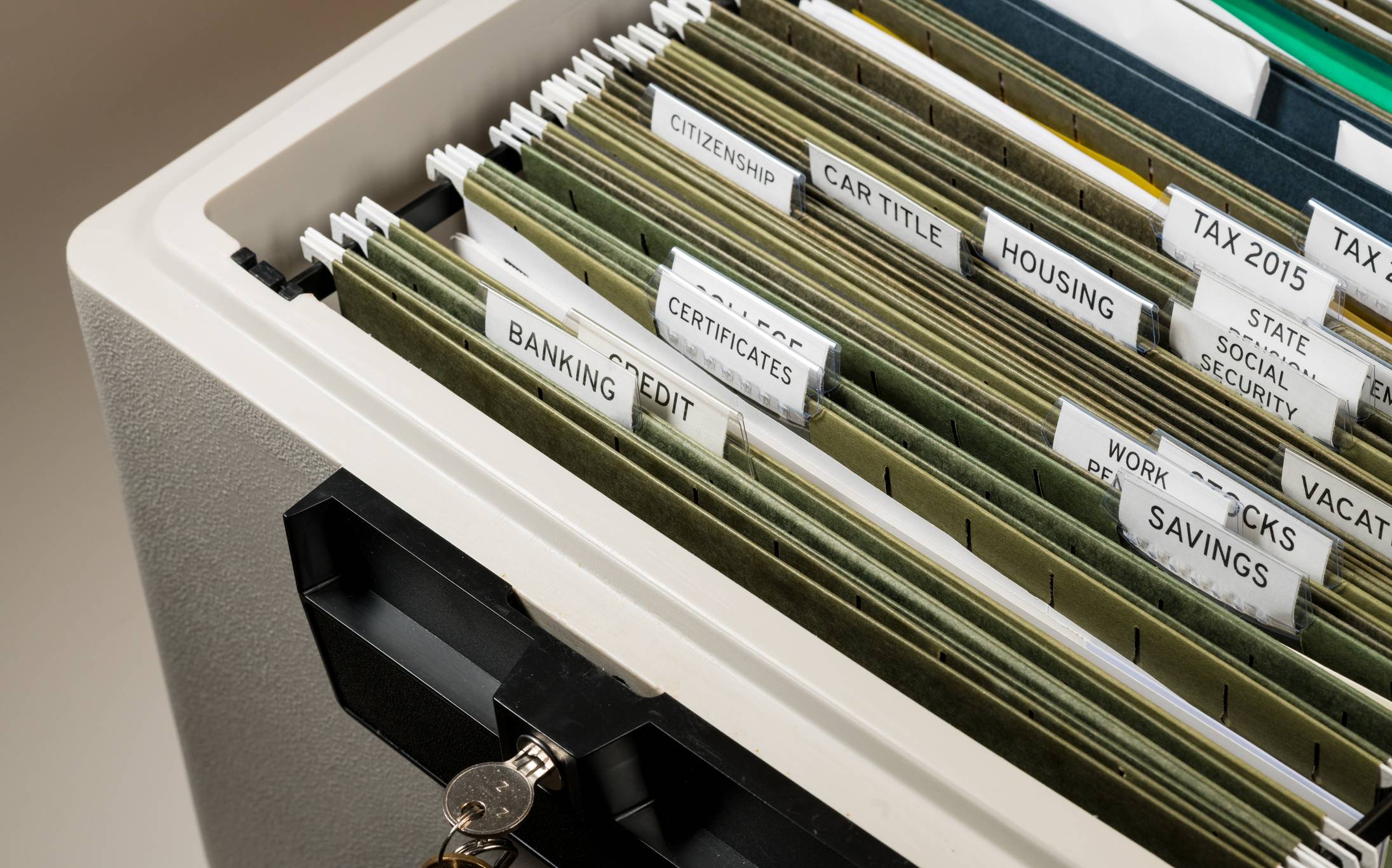By Jeff Field | Published November 15, 2022 | Posted in Bankruptcy | Tagged Tags: bankruptcy exemptions, homestead, property | Leave a comment

What Property Can You Keep When You File for Bankruptcy?
The myth that you lose everything if you file for bankruptcy is exactly that, a myth. In reality, bankruptcy filers in Georgia usually get to keep most or all of their important items by declaring them exempt from creditors under state law. If an item qualifies for an exemption, the item cannot be taken by Read More
Read More
7 Things to Do to Make Your Bankruptcy Go Smoother
If you’re contemplating filing for bankruptcy, you may be worried that it will be a hard process that takes a long time to get through. As experienced Georgia bankruptcy lawyers, we’re here to tell you there is no reason to panic. Yes, bankruptcy can be a complex process, but you have the ability to do Read More
Read More
What Happens in Chapter 7 if There’s Too Much Equity in Your Home?
Most Georgia bankruptcy filers prefer taking the Chapter 7 route because it results in discharging outstanding debts while allowing debtors to keep most or all of their property. However, you shouldn’t assume Chapter 7 is the right fit for you. There are several factors to consider first, including your income, your expenses and whether you Read More
Read More
How Fraudulent Transfers Can Frustrate Your Bankruptcy Case
Some bankruptcy filers attempt to shield some of their assets by transferring them to other people. They give away assets or sell them at nominal prices to family members, or friends. Unfortunately, moving assets around shortly before filing for bankruptcy can be deemed fraudulent transfers or fraudulent conveyances. They can be discovered and undone by Read More
Read More
Making Sure Your Chapter 13 Payments Go Into the Right Hands
In a Chapter 13 Bankruptcy, also known as reorganization, the debtor agrees to a court-approved plan to repay a portion of his or her outstanding debts. Eligible creditors are paid specified amounts over the life of the plan, which is three to five years. However, in devising Chapter 13 plans, there are many opportunities for Read More
Read More
How Credit Card Companies Can Challenge Debt Discharge
Credit card debt is one of the financial issues that can push a borrower into filing for bankruptcy. However, federal law allows a creditor to challenge discharge of a particular debt by claiming it was obtained by “false pretenses, false representation, or actual fraud.” Credit card companies have two primary strategies for raising such challenges. Read More
Read More
Can You File a Chapter 7 Without Affecting Your Spouse?
Married couples often file joint bankruptcy petitions. In many cases it makes perfect sense for both spouses to liquidate (Chapter 7 bankruptcy) or reorganize (Chapter 13 bankruptcy) their debts. However, it is possible for only one spouse to declare bankruptcy and under certain circumstances, it is in the couple’s best interests to do so. One Read More
Read More
What a Bankruptcy Attorney Can Do That You Probably Can’t
Individuals filing for bankruptcy have the right to represent themselves. Some people are tempted to do so, reasoning that bankruptcy consists of simply filling out forms. However, in most cases, going into bankruptcy without an attorney is a risky course of action. According to recent statistics, people who file Chapter 7 bankruptcy petitions through legal Read More
Read More
Bankruptcy Abuse Prevention Law Can Limit Discharge of Credit Card Debt
The purpose of bankruptcy is to give financially overwhelmed individuals a fresh start and the chance to repair their credit. Many types of consumer debts can be discharged (canceled) in bankruptcy, including personal loans, medical bills, past due utility charges and, quite commonly, credit card accounts. In fact, much of the debt in Chapter 7 Read More
Read More
How Chapter 13 Can Help You Modify Your Home Mortgage
Chapter 13 is a form of bankruptcy in which unsecured debts are partially paid off over a period of years, with the remainder discharged once the case is complete. However, most Chapter 13 cases involve one or more secured debts, which remain in force. For example, a home mortgage loan is secured by a lien Read More
Read More- May 2024
- April 2024
- March 2024
- February 2024
- January 2024
- December 2023
- November 2023
- October 2023
- September 2023
- August 2023
- July 2023
- June 2023
- May 2023
- April 2023
- March 2023
- February 2023
- January 2023
- December 2022
- November 2022
- October 2022
- September 2022
- August 2022
- July 2022
- June 2022
- May 2022
- April 2022
- March 2022
- February 2022
- January 2022
- December 2021
- November 2021
- October 2021
- September 2021
- August 2021
- July 2021
- June 2021
- May 2021
- April 2021
- February 2021
- January 2021
- December 2020
- November 2020
- October 2020
- September 2020
- August 2020
- July 2020
- June 2020
- May 2020
- April 2020
- March 2020
- February 2020
- January 2020
- December 2019
- November 2019
- October 2019
- September 2019
- August 2019
- July 2019
- June 2019
- May 2019
- April 2019
- March 2019
- February 2019
- January 2019
- December 2018
- November 2018
- October 2018
- June 2017
- May 2017
- May 2016
- April 2016
- March 2016
- February 2016
- January 2016
- December 2015
- October 2015
- September 2015
- August 2015
- July 2015
- June 2015
- January 2015
- July 2014
- May 2014
- April 2014
- March 2014
- February 2014
- January 2014
- September 2013
- August 2013
- July 2013
- April 2013
Please fill out the form below and one of our attorneys will contact you.


